Your Body Is a Medium
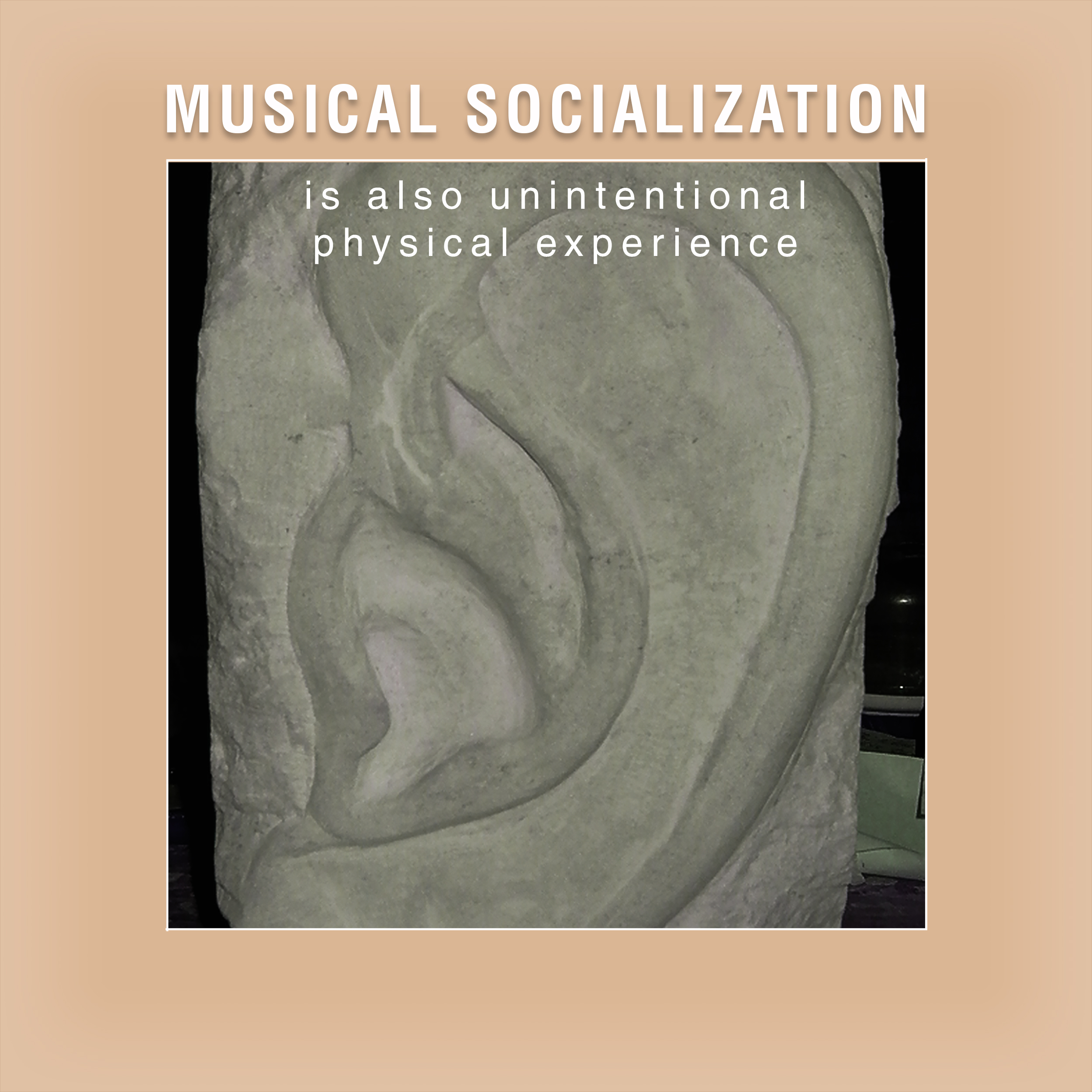
A body is not just perceiving sounds, it is also their medium. Here is an essay about the materiality of sound and how the body shapes the listening process.




A body is not just perceiving sounds, it is also their medium. Here is an essay about the materiality of sound and how the body shapes the listening process.



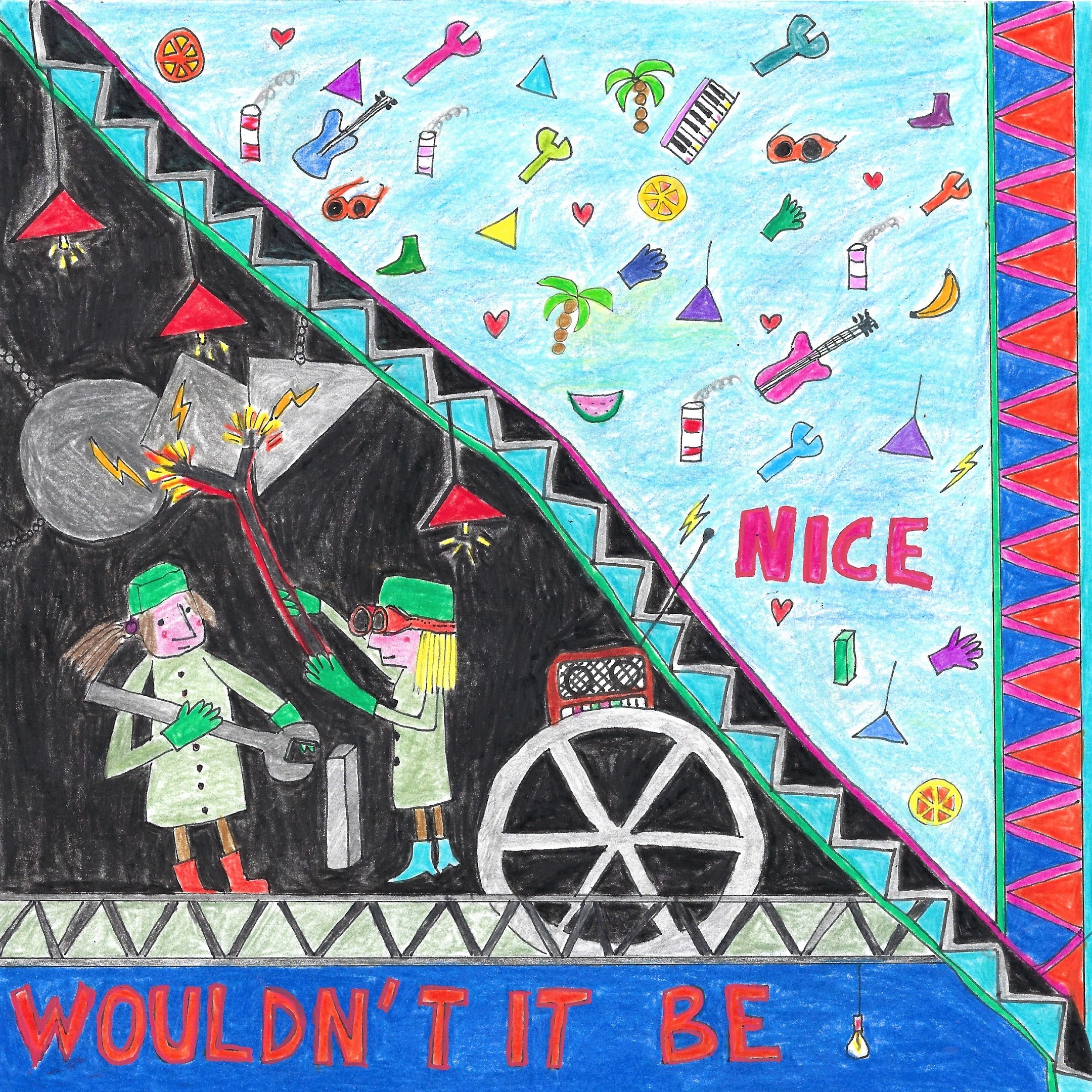
How does music affect the image of a city? In his recent book «Deindustrialisation and Popular Music», Giacomo Bottà elaborates the relationship between de-industrialization and genres like house, industrial or post-punk.



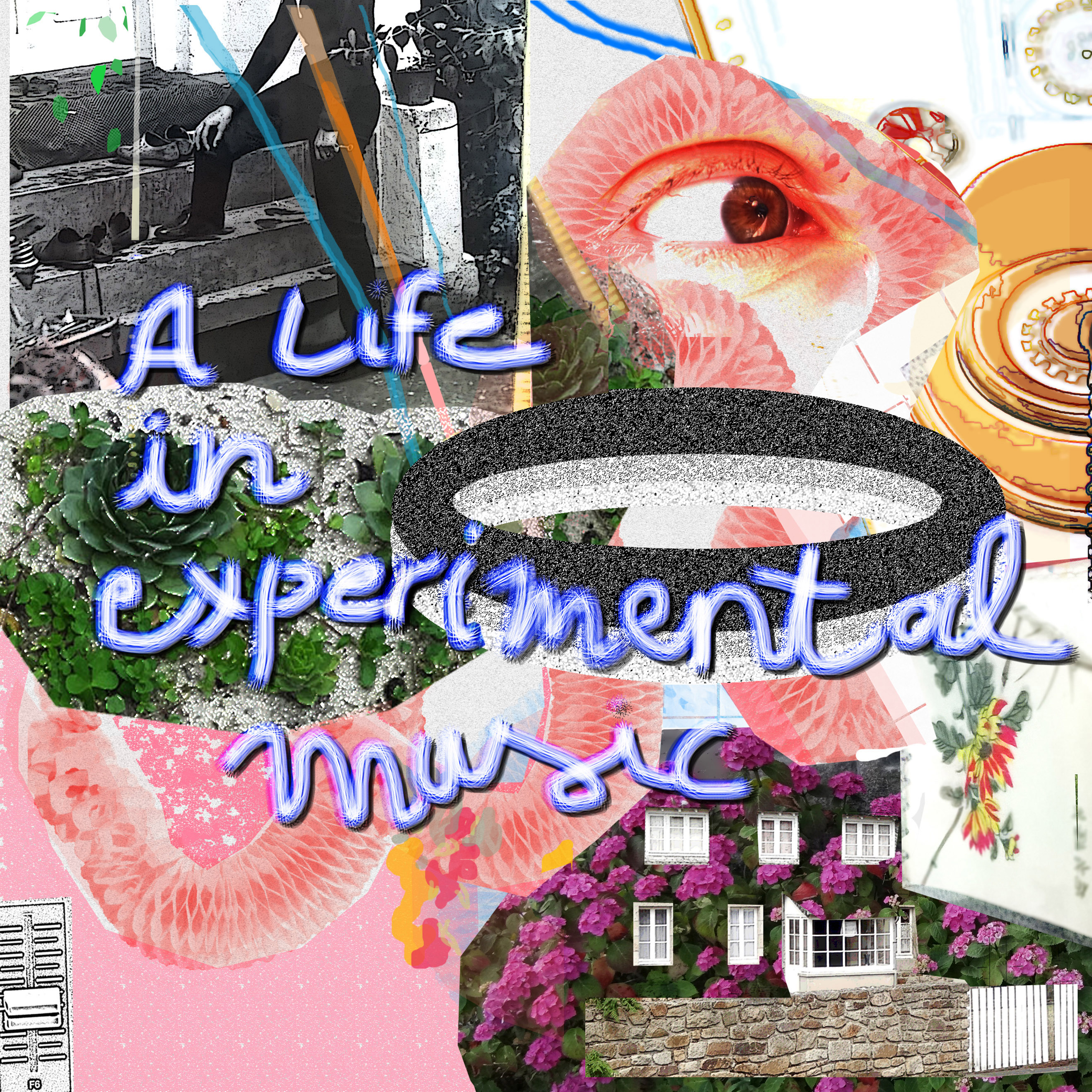
«Timezones» – Episode 2. An electro-acoustic composition based on the interviews with the three artists Mara Miccichè, Branko Džinović, and Vukašin Đelić, the close friends and collaborators of the podcast producer, who have never met each other.



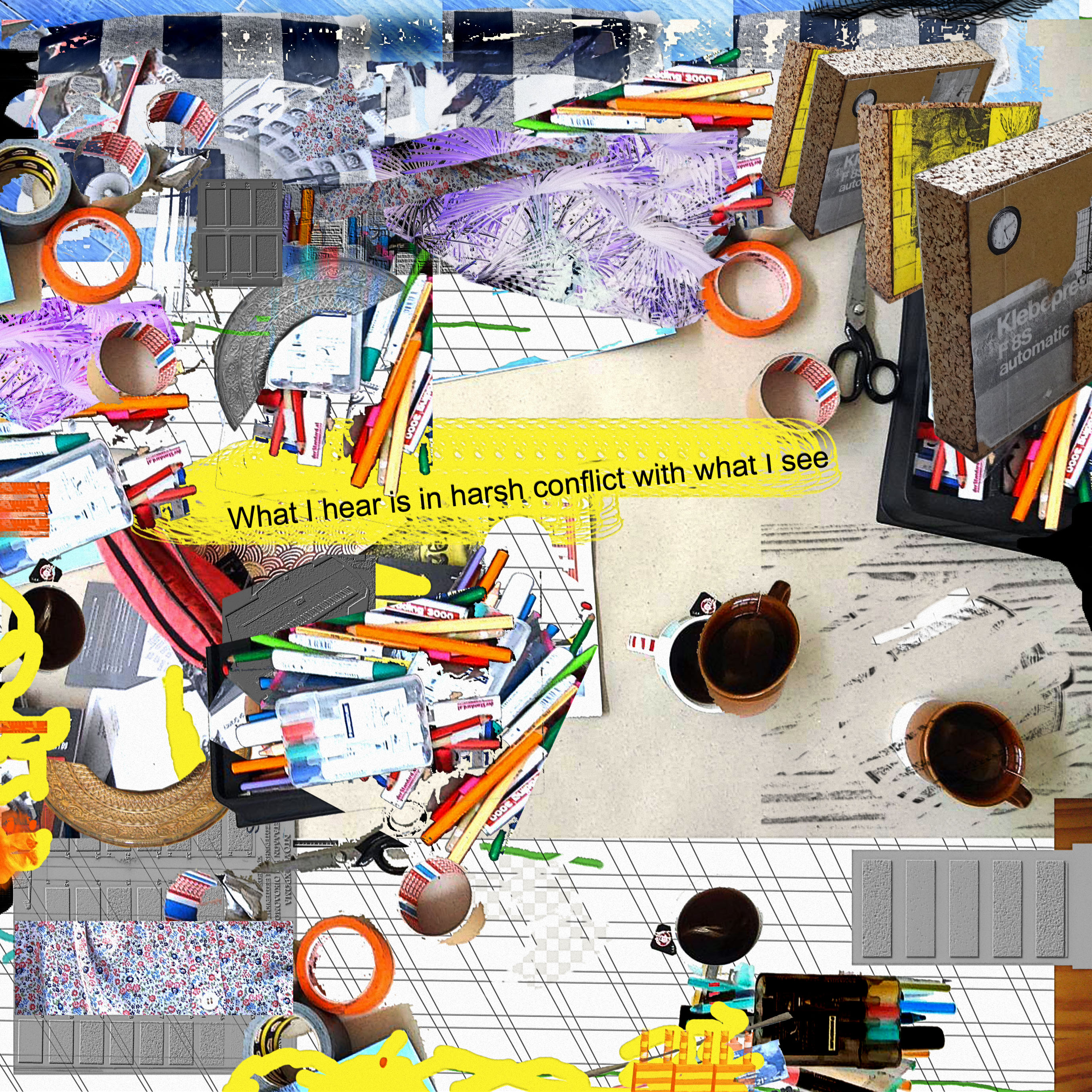
The pandemic-driven changes have produced new sensory dissonances: While some urban spaces became eerily quiet, ubiquitous video calls turn the domestic into a public space flooded by multiple voices and sounds. What do these sonic worlds tell us about the social?



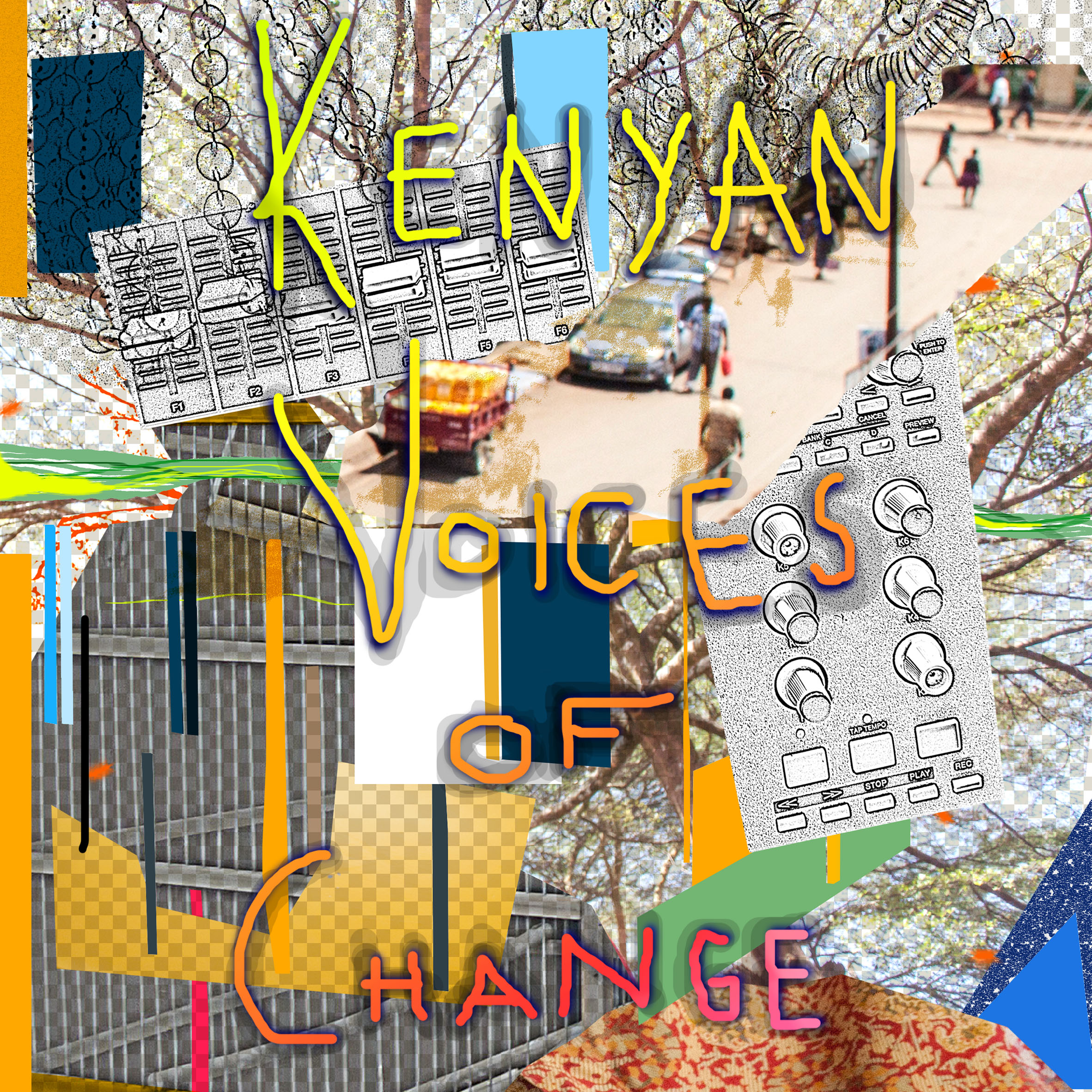
Nairobi’s next generation music producers and performing artists speak out – Episode 1 of the new Timezones Podcast Series, co-initiated and co-produced by Norient and the Goethe Institute.



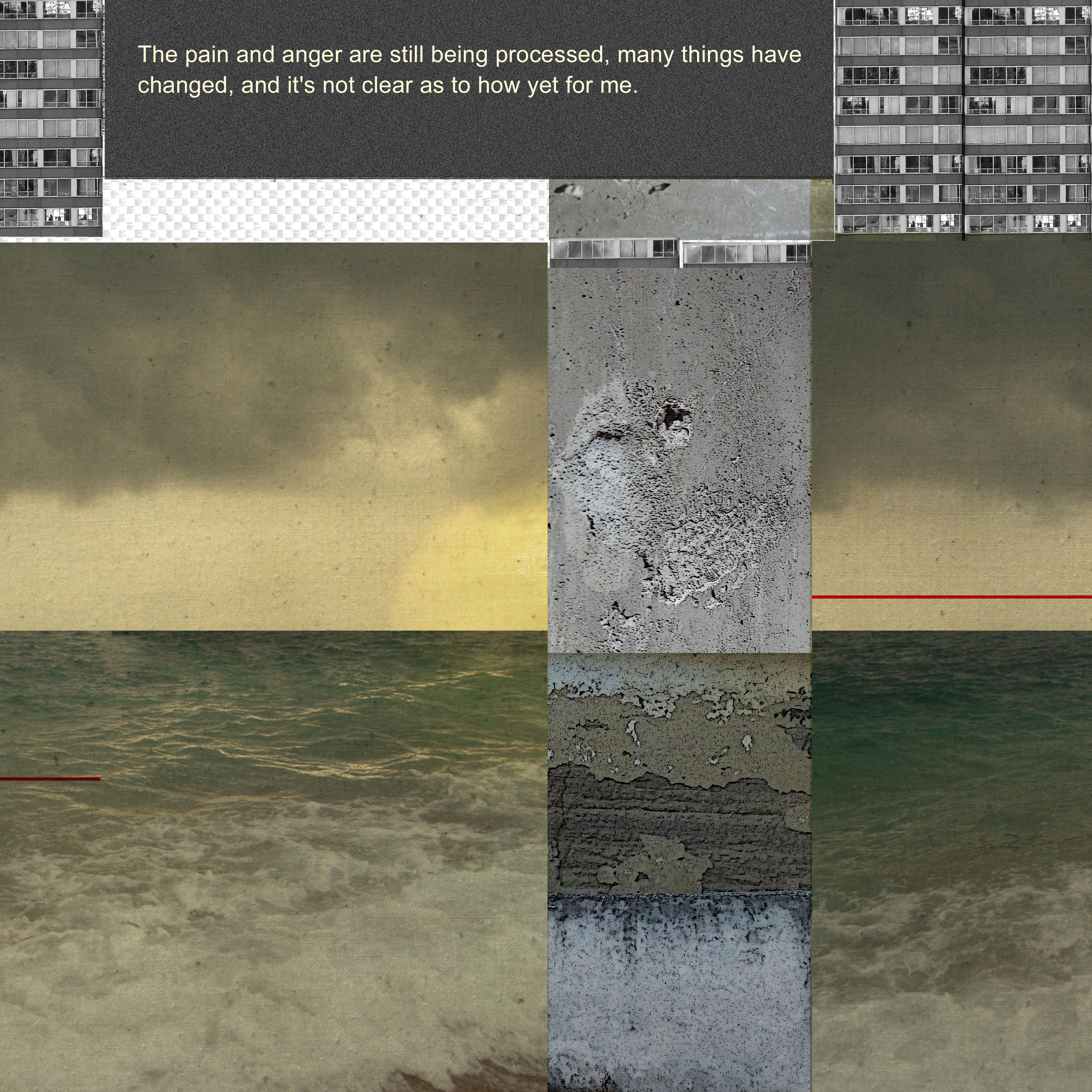
Norient met with Firas Abou Fakher of the indie rock band Mashrou’ Leila who is among the progressive voices of the young Lebanese generation, to talk about Lebanon’s complicated history, clichés about the Arab world, and the role of music in times of change.



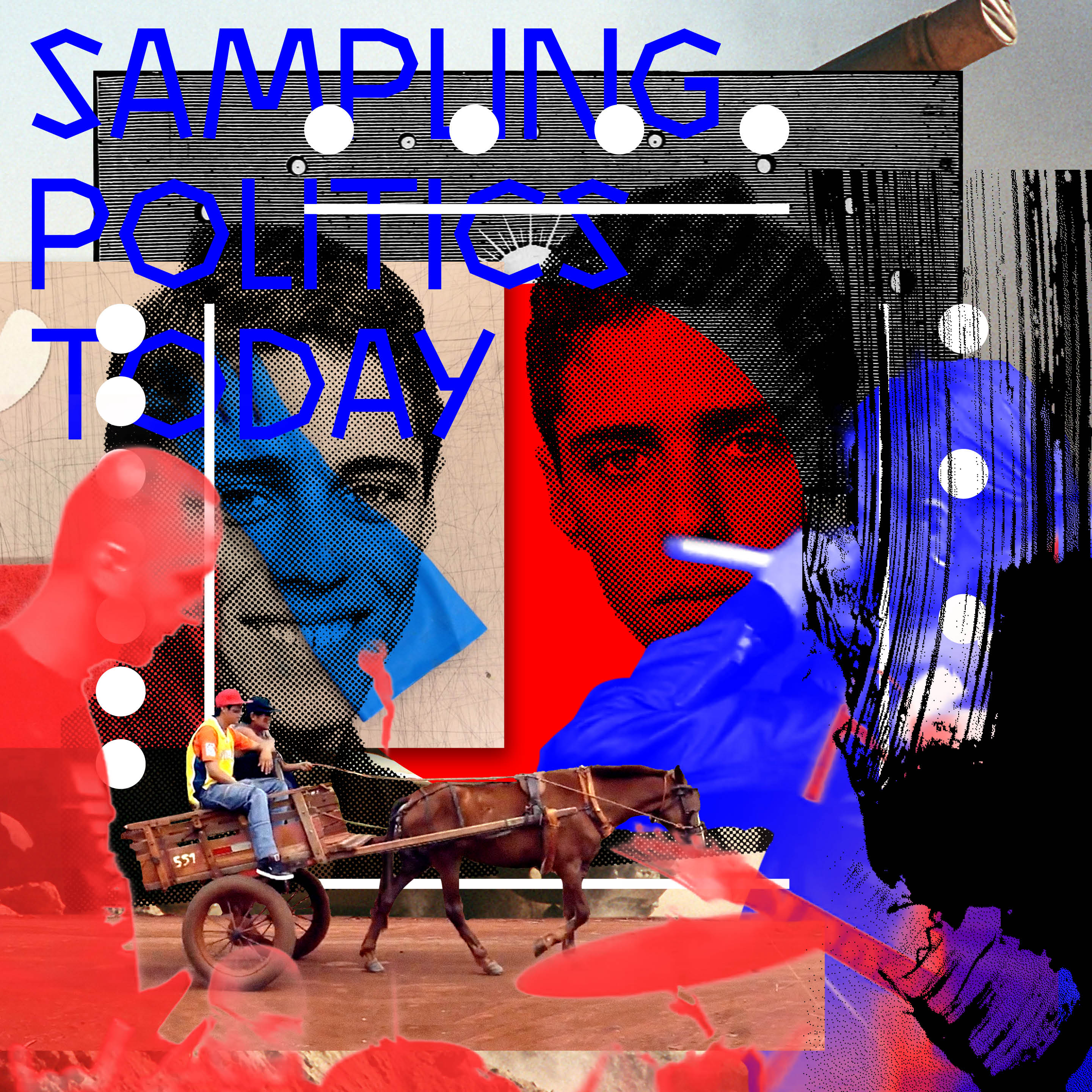
In this Norient Special, we examine how political contexts of our time are transformed into musical production. With case studies from all around the world, this Norient Special approaches sampling as a tool for critical thought and a way of alternative storytelling.



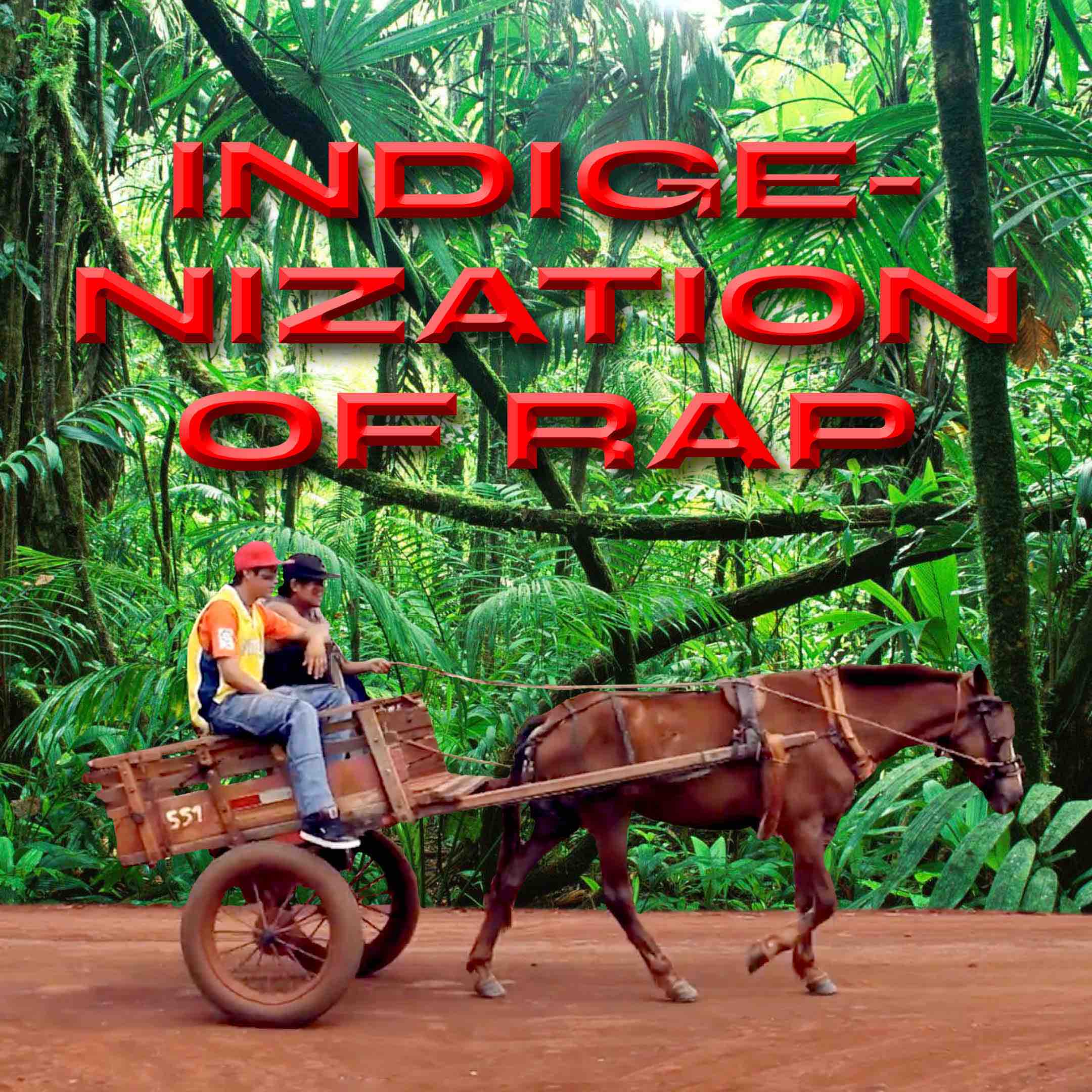
To what extent do sampling practices maintain or disrupt an exoticized ideal of indigenous populations? The Brazilian research collective GENuSom confronts two sampling strategies performed by a Brazilian worldwide EDM artist and a indigenous rap crew from Brazil.



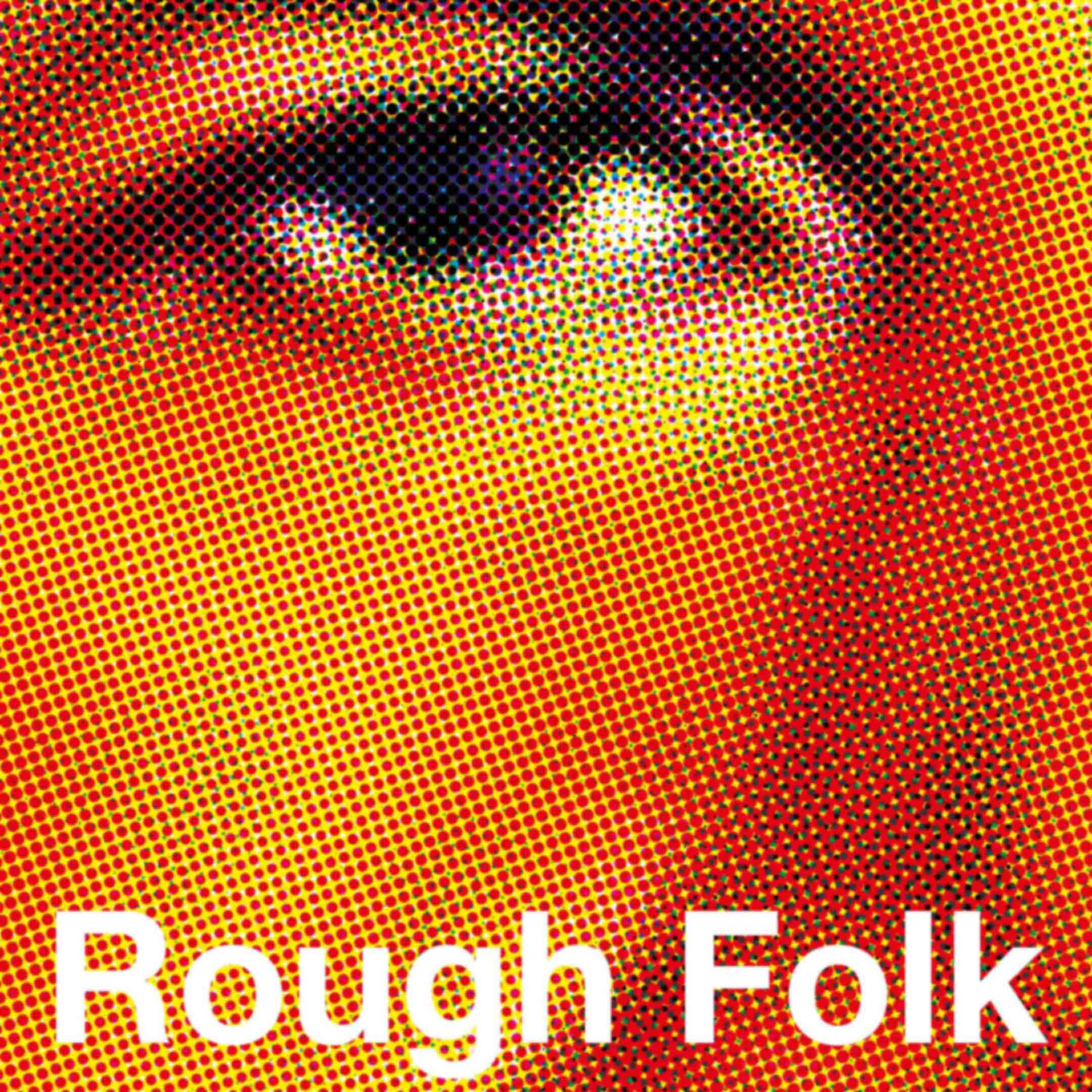
South Asian sounds have long occupied a place in the market of sample libraries while being advertised as «world» sounds. Here, the case of Sohan Lal is discussed, a Punjabi singer whose voice ended up in such a sample library and was used in many popular songs.




This article examines the aesthetics of «sampling the political» in contemporary Indian electronic music. A journey through various ways of sampling political words and speeches. These artists are borne of a tendency to resist, to subvert, and to disobey norms of sampling.



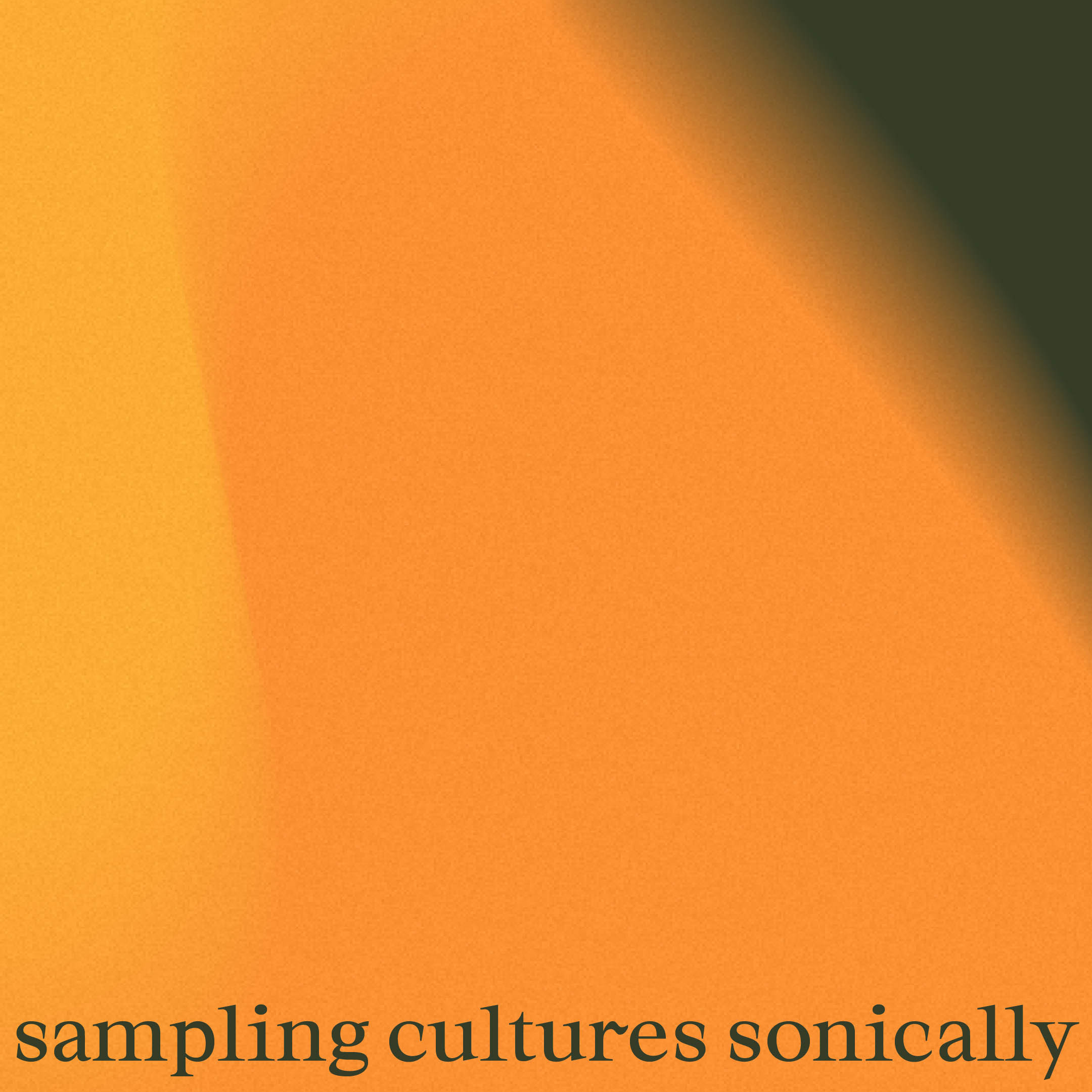
Noel Lobley considers if sampling ethnographic sound fragments must inevitably operate under pre-existing power dynamics or if there are other independent ways to sample, remix, and curate locally-owned culture.


